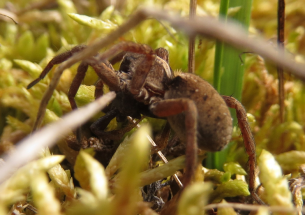News and Opinion
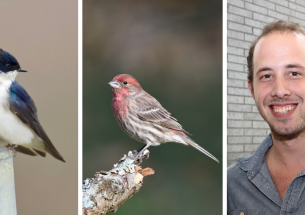
Daniel Becker wins the British Ecological Society’s Sidnie Manton Award
READ MORE about Daniel Becker wins the British Ecological Society’s Sidnie Manton Award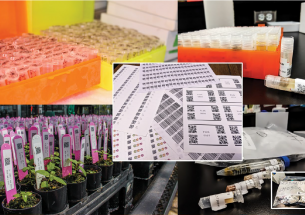
Sample management for biologists
READ MORE about Sample management for biologists
University of Hong Kong - codeveloped automated laser-scanning ‘hunter drone’ seeks out fossils, minerals and biological targets
READ MORE about University of Hong Kong - codeveloped automated laser-scanning ‘hunter drone’ seeks out fossils, minerals and biological targets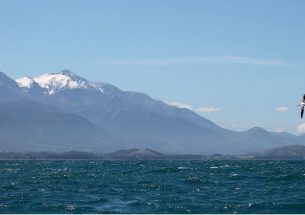
Wind beneath their wings –study finds albatrosses fine-tuned to wind conditions
READ MORE about Wind beneath their wings –study finds albatrosses fine-tuned to wind conditions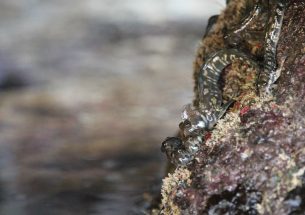
How fish got onto land, and stayed there
READ MORE about How fish got onto land, and stayed there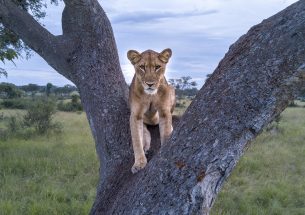
African lion numbers are being overestimated by survey methods
READ MORE about African lion numbers are being overestimated by survey methods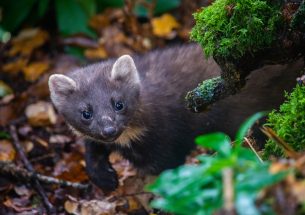
Research shows recovering pine marten population benefits red squirrels, but the grey squirrel still poses a problem in urban areas
READ MORE about Research shows recovering pine marten population benefits red squirrels, but the grey squirrel still poses a problem in urban areas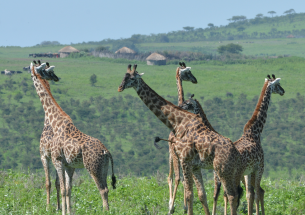
Human presence weakens social relationships of giraffes
READ MORE about Human presence weakens social relationships of giraffes
New evidence on bed bug burden in urban neighborhoods
READ MORE about New evidence on bed bug burden in urban neighborhoods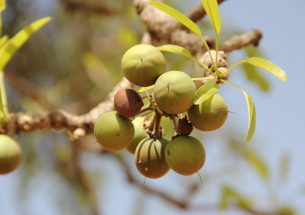
Birds, bees and butter – new study underlines importance of biodiversity for crop production and West African livelihoods
READ MORE about Birds, bees and butter – new study underlines importance of biodiversity for crop production and West African livelihoods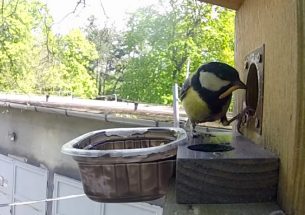
Lack of insects in cities limits breeding success of urban birds
READ MORE about Lack of insects in cities limits breeding success of urban birds
How does an increase in nitrogen application affect grasslands?
READ MORE about How does an increase in nitrogen application affect grasslands?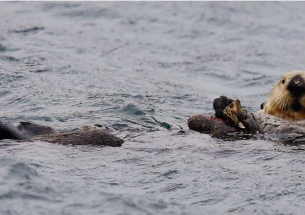
Indigenous voices reveal key strategies for navigating the challenging return of sea otters
READ MORE about Indigenous voices reveal key strategies for navigating the challenging return of sea otters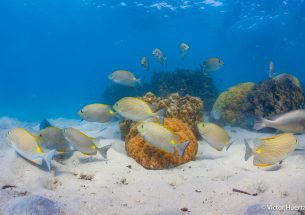
Severe coral loss leaves reefs with larger fish but low energy turnover
READ MORE about Severe coral loss leaves reefs with larger fish but low energy turnover